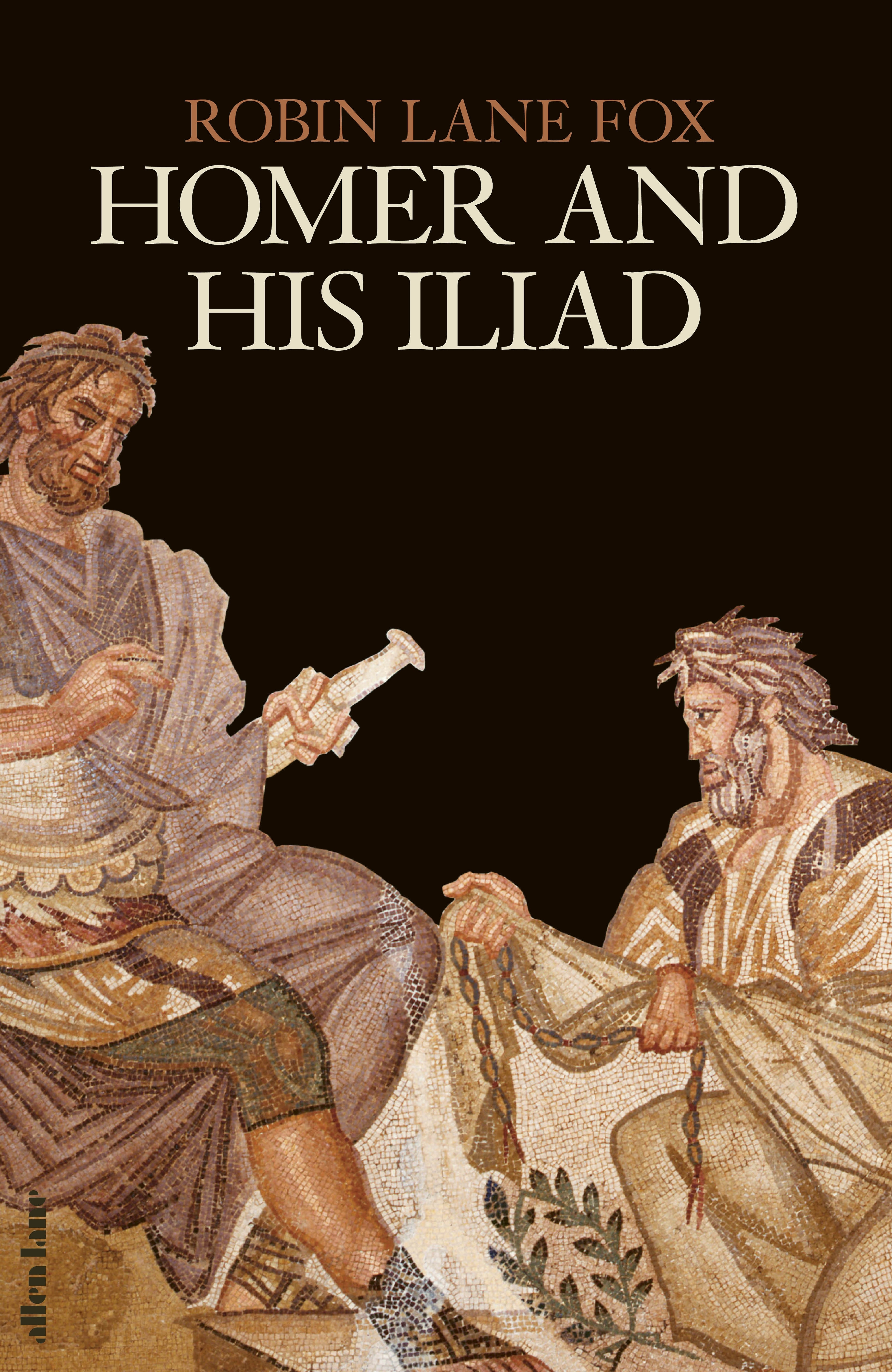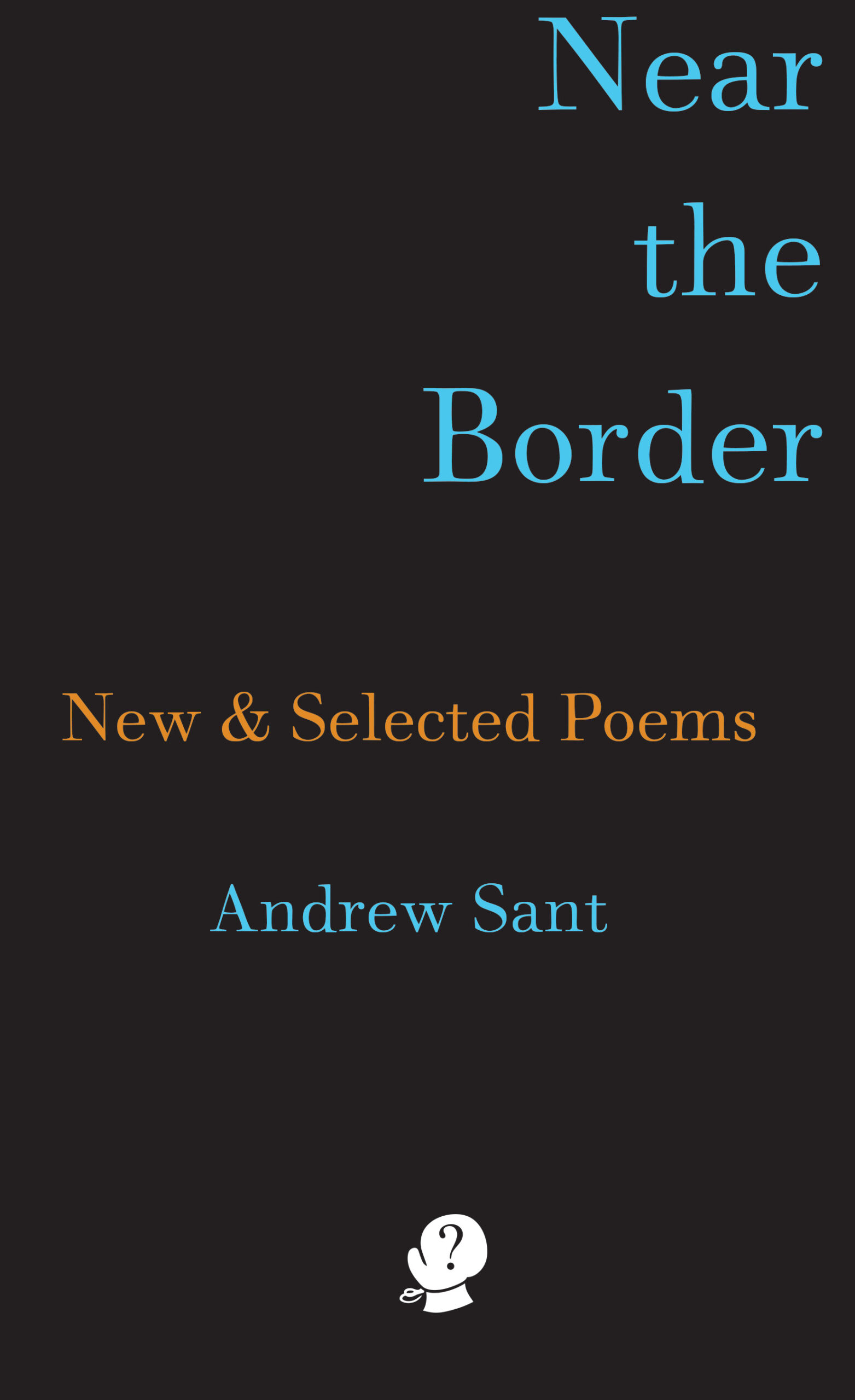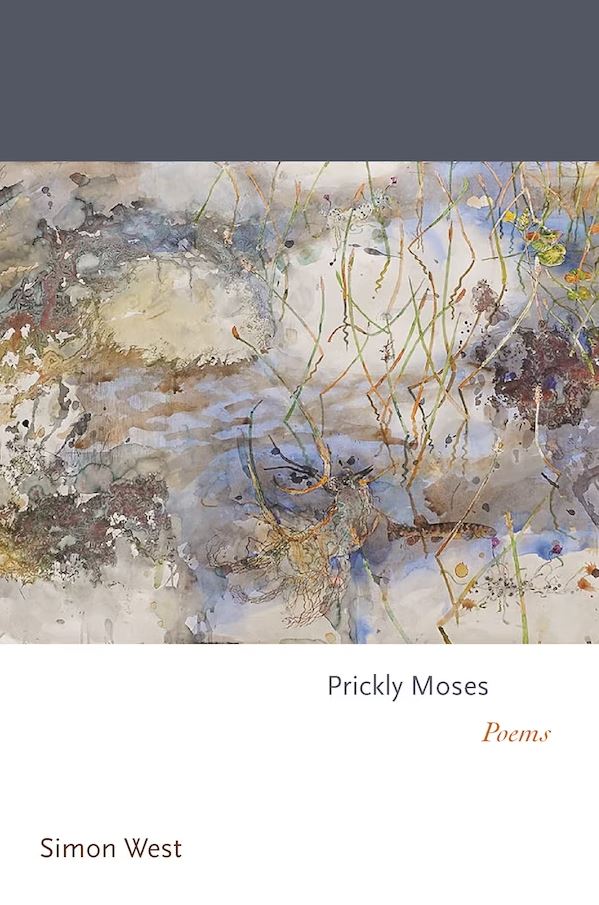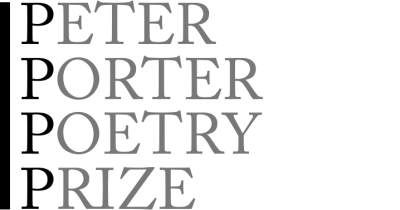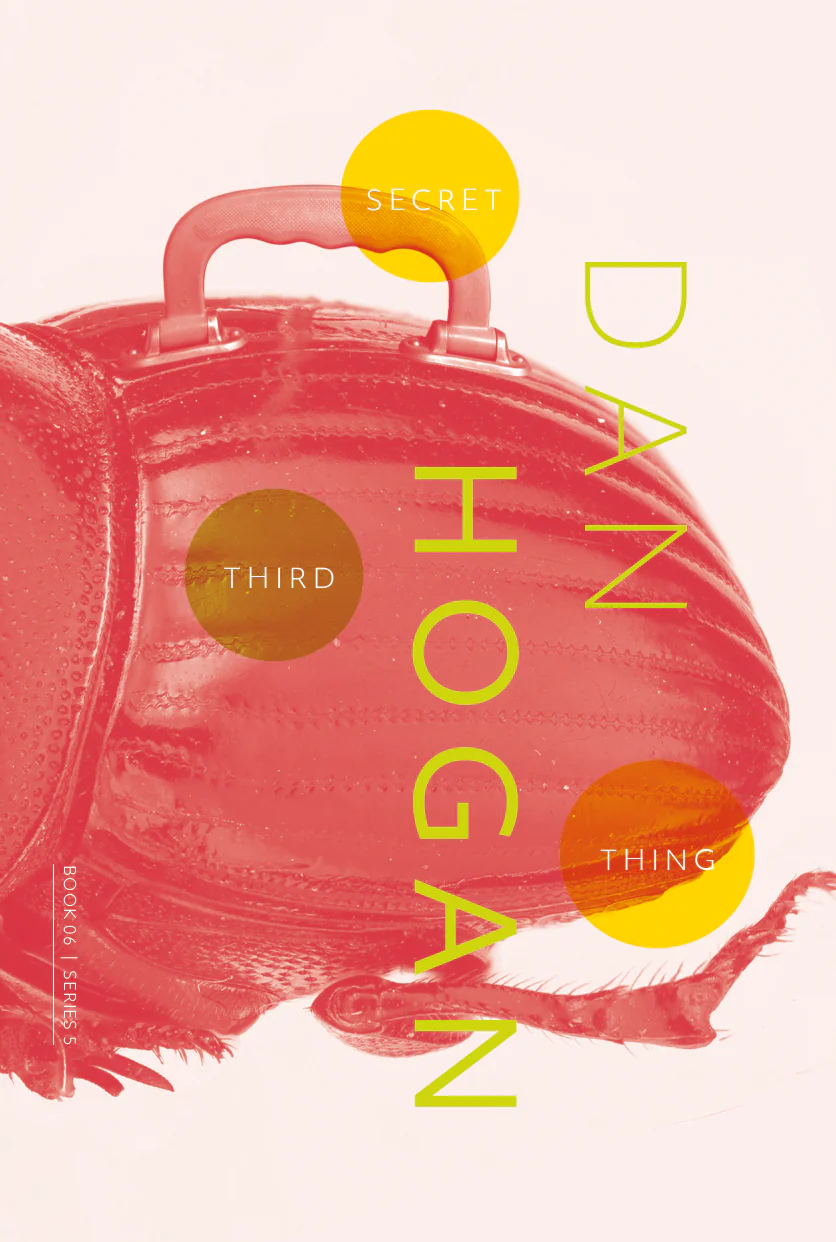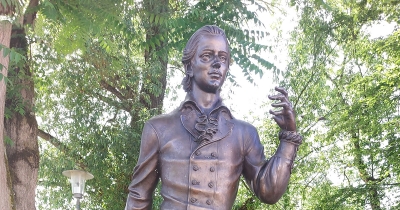Poetry
Mud is loath to relinquish anything –
even in the name of science –
it will do so with a belch of methane
and black cloud in water.
The instruments are called ‘loggers’
Real estate: that’s all Postumia can think about,
always bragging about her ‘portfolio’,
dragging it round like a bad painter.
At last count she owns eight flats
in suburbs she’s never visited,
Homer and His Iliad by Robin Lane Fox & The Iliad by Homer, translated by Emily Wilson
Fans of the Iliad have been well served recently. Late last year saw the arrival of a new translation by Emily Wilson, whose earlier translation of the Odyssey (2018) was greeted with near universal acclaim, and it was joined by a new book about Homer and the composition of the Iliad by one of the leading scholars of Greek history, Robin Lane Fox. Both works encourage us to rethink our connections to this epic poem and its value for contemporary life. Set against a backdrop of clashing Greek and Trojan forces, what does this poem about the fatal sequence of events that emerges from a disagreement between two feuding warlords have to teach us?
... (read more)See,
how this slow tide
tugs
and sighs against
the flank of patient night –
the driving pulse that
aches towards the
fleck
of dawn then
shifts,
and curls around skin’s soft
warmth, that quiet space –
So much shown in a little space
All humbleness, all dignity,
Hand-work – the Knitted Nativity!
Seeing, one whistles on an arc of breath
Wonderful, oh wonderful!
Near the Border: New and selected poems by Andrew Sant
Andrew Sant is a substantial yet somewhat elusive figure in contemporary Australian poetry. Born in London, he arrived in Melbourne with his parents at age twelve in 1962. Over the years, he has published at least eleven collections, co-founded the literary magazine Island, and been, for a time, a member of the Literature Board of the Australia Council. More recently, Sant has lived and worked in the United Kingdom, but he clearly retains links with Australia, particularly Tasmania, where he first became known as a poet.
... (read more)Too often poetry is valued as if it were prose, exclusively by virtue of its subject matter. Such discussions miss the poetry itself, which my wife calls ‘the speech that brings us to silence’, a kind of accuracy beggaring what we say about it. Simon West is a poet who understands this distinction. His essays collected in Dear Muses? (2019) explore ‘the uneasy way my allegiances lie with my language as much as they do with the places in which I dwell’. He knows how complicated such terms as language and place must be, so his landscapes – particularly riverine Victoria and Italy – never seem limitations. ‘The task of the poet is to scrutinize the actual world.’ I read him for the pleasures of both world and word.
... (read more)Read the five shortlisted poems for ABR's 2024 Peter Porter Poetry Prize.
... (read more)'Anything and everything, all of the time.’ This is the refrain to comedian Bo Burnham’s hilarious and subtly disturbing song ‘Welcome to the Internet’, which both precedes and succeeds endless lists of absurd metadata. The idea is that, naturally enough, we have entered an age that simply has no way to escape the internet. Everything is available to us instantly. And with that, since we no longer live within the binary of either being on or offline, life has become increasingly inextricable from what’s happening ‘over there’.
... (read more)'Apotheoses and the Hölderlin Monument, Old Botanical Gardens, Tübingen', a new poem by John Kinsella.
... (read more)

